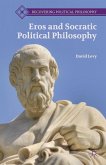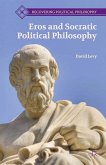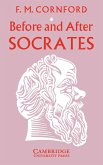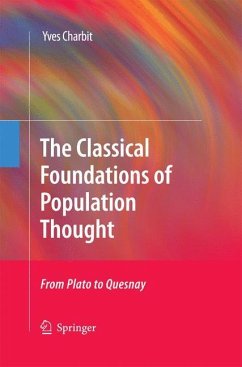This book seeks the possibility of explaining away the Socratic paradoxes by appealing to Socrates' irony. Socrates is presented as a paradoxical figure in the early dialogues of Plato. There are various interpretations on the nature of these Socratic puzzles and attempts to solve the riddles he presented in his dialogues with his fellow Athenians. This book analyzes the concept of Socratic paradoxes and the solutions suggested by different scholars. Related to his enigmatic nature Socrates is also associated with his ironical standpoint in the history of philosophy. In this work irony as a fundamental philosophical attitude in Socratic philosophy is discussed with reference to some of the major philosophers in the history of philosophy. This work also suggests the possibility of seeing philosophy as an ironic activity and it traces the etymology of the concept of irony in terms of its philosophical significance.








